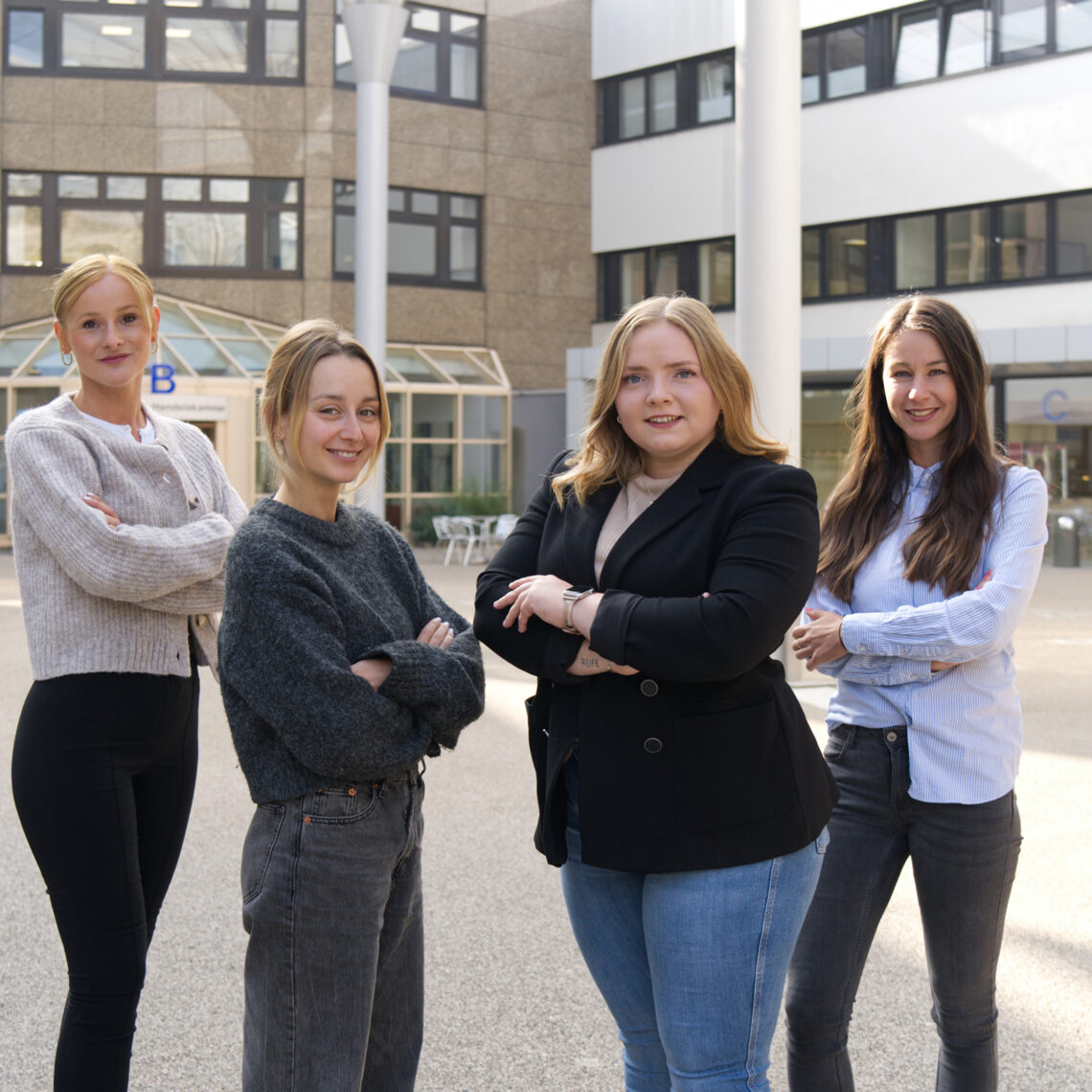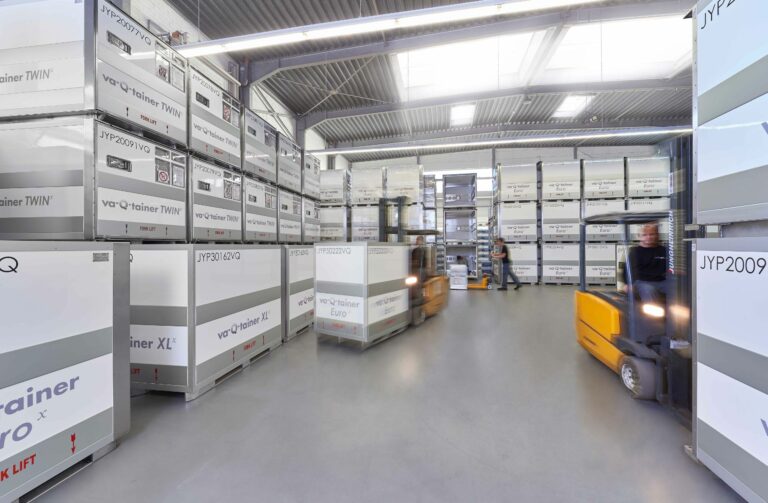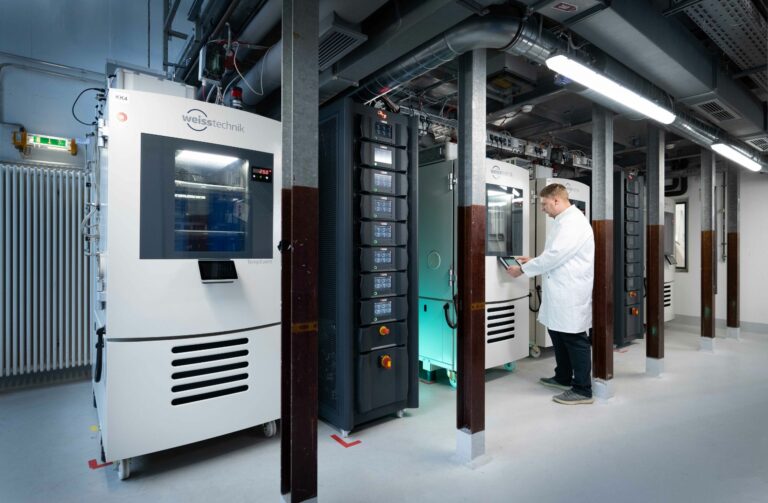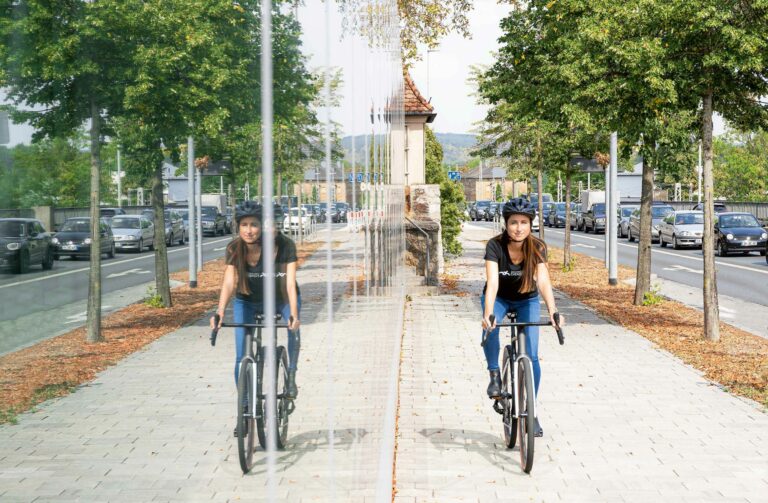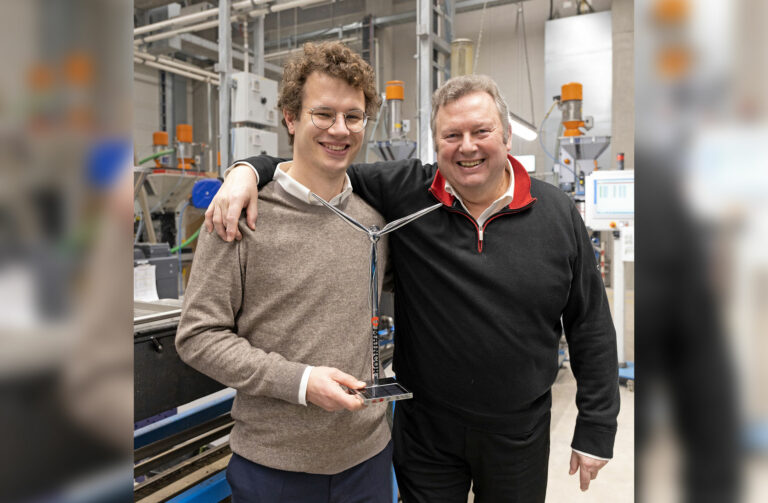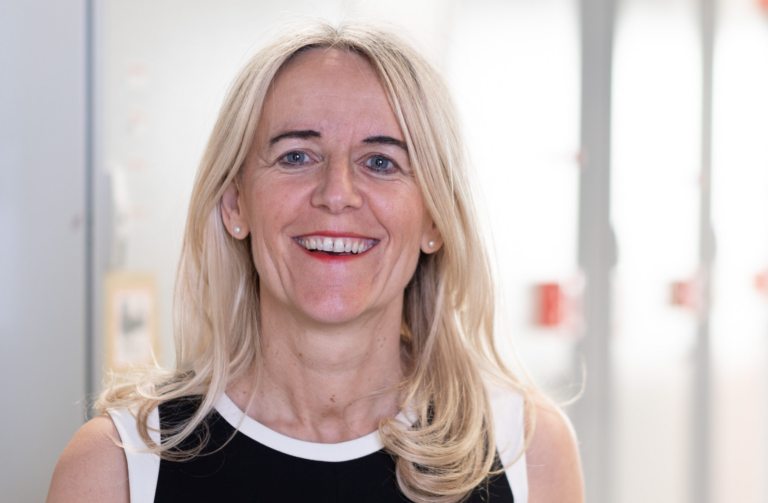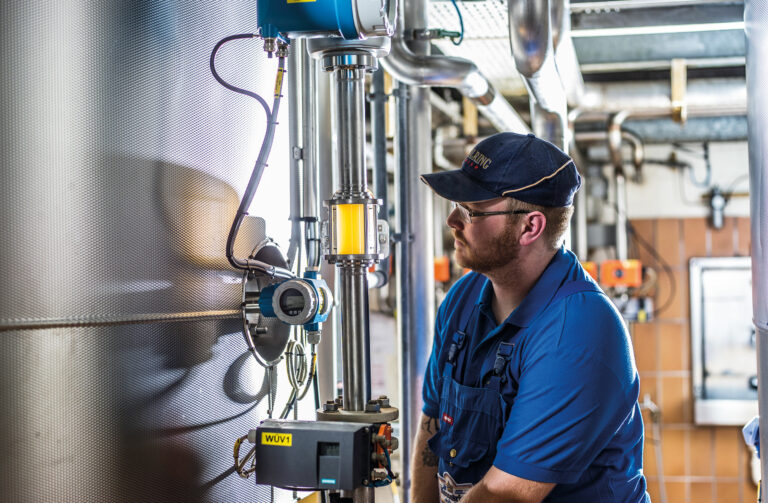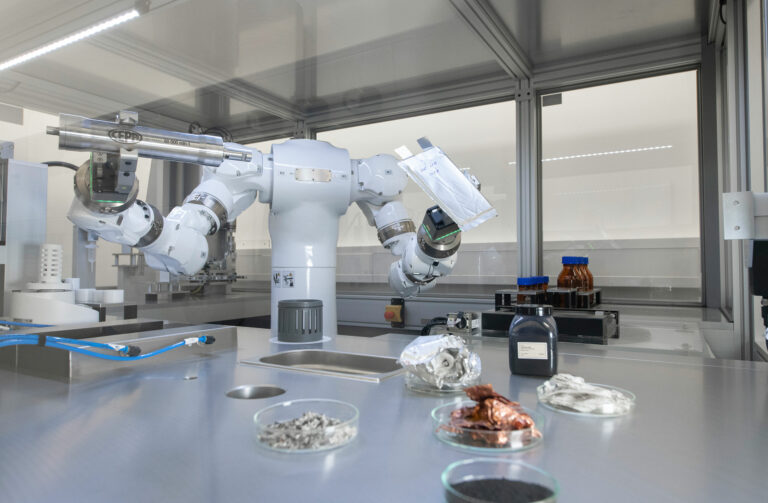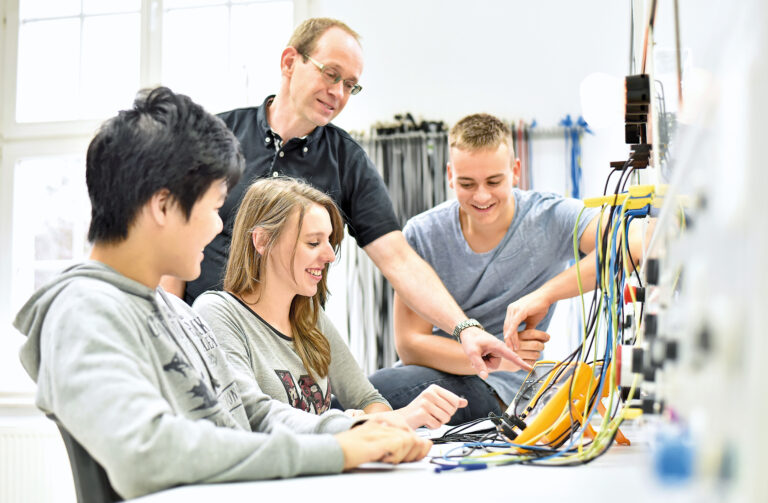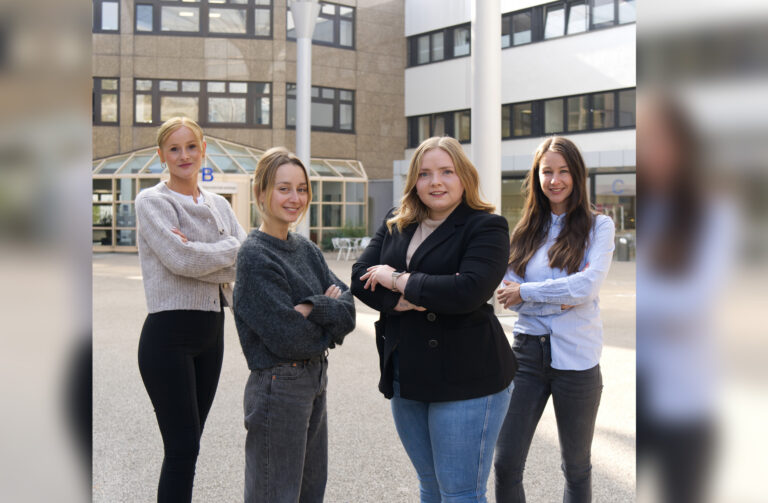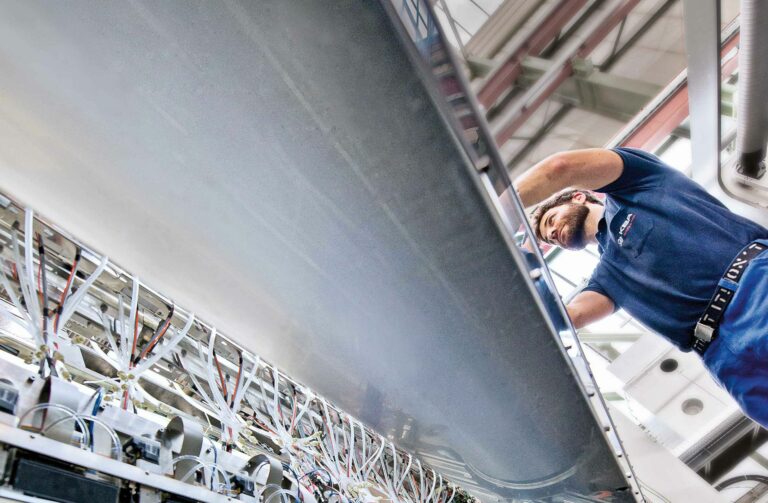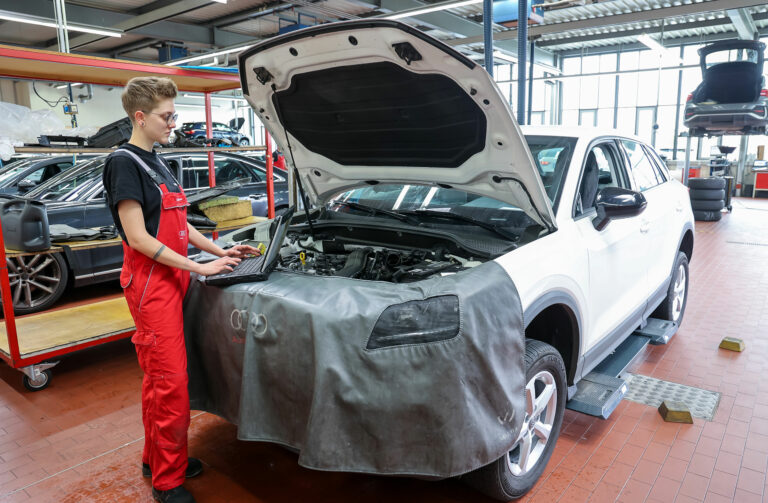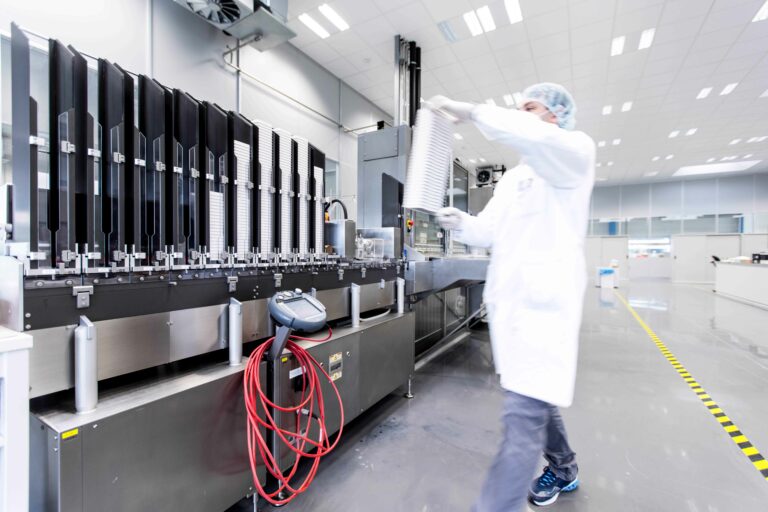Main Franconia: a region with a penchant for start-ups and spin-offs
Start-ups are the fuel for additional prosperity in an economic area. This is because the spirit of innovation and new business models result in additional economic growth and the creation of new, innovative jobs.
Covid-19, demography and bureaucracy are barriers to start-ups
In many regions and traditional sectors such as the restaurant industry and retail, interest in starting up a business has noticeably declined nationwide in recent years – mainly due to the effects of the Covid-19 pandemic; at the same time, more people want to venture into self-employment, initially on a part-time basis (DIHK Report Unternehmensgründung 2022). Another long-term trend is that the younger cohorts, who are particularly active in setting up businesses, are getting smaller and smaller. At the same time, the shortage of skilled workers has increased the supply of lucrative jobs. The proportion of self-employed and working family members has been declining steadily for years. Bureaucratic obstacles also often deter people interested in starting a business before they even start
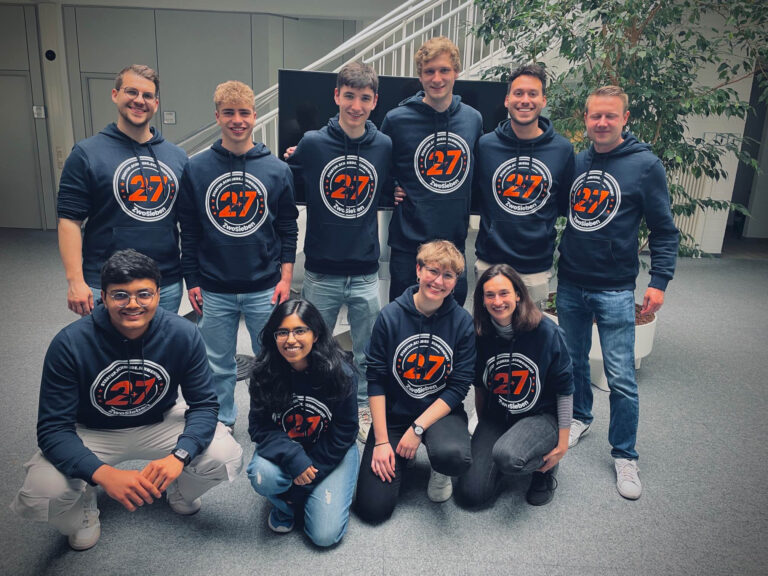
Positive start-up activity in Main Franconia
Fortunately, the situation in Main Franconia is different: in absolute terms, Main Franconia has shown a positive trend in the number of start-ups over the last ten years. From 2013 to 2022, 71,680 new businesses have been registered, compared to 63,657 deregistrations (Start-Up Report Main Franconia 2023, Würzburg-Schweinfurt CIC). In the corresponding period, the number of businesses has grown by 8,023, an average of 802 per year. Generally speaking, the trend towards starting up a side business in addition to employment is increasing. The total number in 2022 was 82,148 companies, of which 70,686 were members of the Würzburg-Schweinfurt Chamber of Industry and Commerce and 13,446 of the Chamber of Skilled Crafts for Lower Franconia.
University spin-offs on the rise
The service sector has been recording a pleasing increase in the number of start-ups in recent years. Spin-offs from the universities in Main Franconia – the Julius-Maximilians-Universität of Würzburg (JMU) and Würzburg-Schweinfurt University of Applied Sciences (THWS) – are increasingly coming to the fore in this context. Numerous successful start-ups, which have emerged as winners in BayStartUP’s Northern Bavarian business plan competition, are testimony to an extremely positive trend. In the first university ranking for start-up founders, the University of Würzburg is already ranked eighth nationwide (A good place for spin-offs – JMU October 2022).
Dense start-up network bears fruit
From the basics of setting up a company to advising on financing issues and patent applications, the chambers of industry and commerce (CIC) and crafts (CC), the Service Centre for Research and Technology Transfer (SFT) – which oversees university start-up projects at the JMU of Würzburg – the Würzburg start-up network in the form of the Würzburg start-up centres IGZ, TGZ and ZDI or the Aktivsenioren Würzburg form a dense network of advisory and support expertise for innovative start-ups at the universities in the region. The business incubators in Schweinfurt (GRIBS), Bad Kissingen (RSG), the business incubator service network Main-Spessart and the digital business incubator in Lohr (Starthouse Lohr) are also valuable points of contact for entrepreneurs, not only from universities in the region.
The Würzburg-Schweinfurt CIC has not only supported this development with its advisory expertise, but also financially for years: with the endowments of the “Universitäts-Förderpreis der mainfränkischen Wirtschaft” and at THWS the “FH-Förderpreis für anwendungsorientierte Forschung” sponsorship prizes, the CIC provides tangible economic start-up assistance during the important start-up phase of young companies. With the university sponsorship prize alone, the CIC has used the proceeds of the foundation capital, which now totals around 1.2 million euros, to sponsor around 90 research projects with over 1 million euros, since the foundation of the former CIC company donation in 1982, thus laying an important foundation for follow-up funding and university spin-offs.
Header picture: These young women know the challenges of starting a business: (from left): Luisa Kuhn (Edeka Kuhn, Bad Kissingen), Inga Hinkel (Seasick Swimwear, Würzburg), Katharina Säger (Vermögensberatung Säger, Volkach) and Larissa Vogel (CIC start-up consultant). Photo: Marcel Gränz

